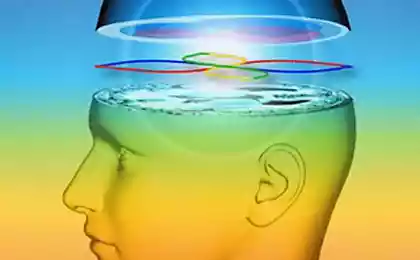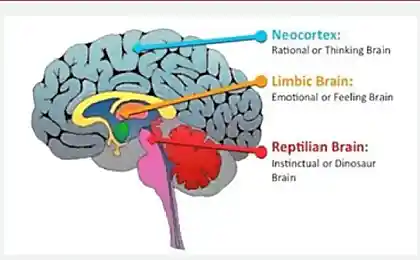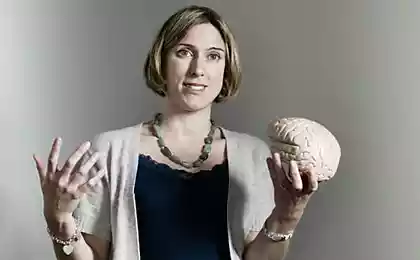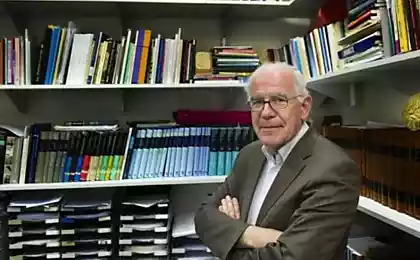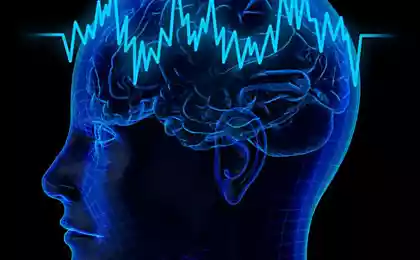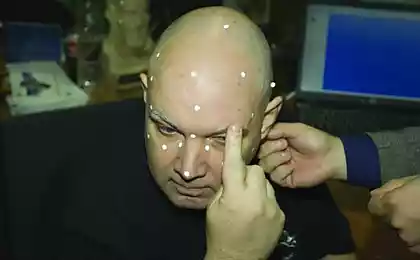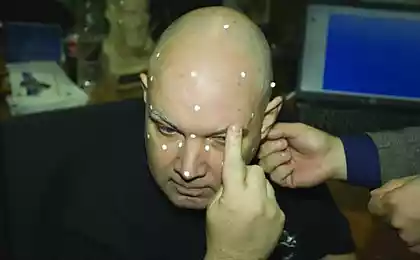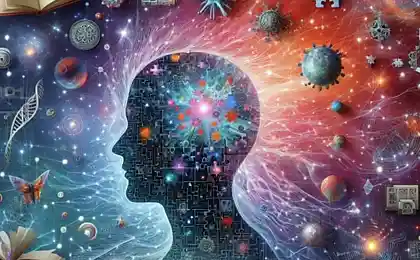1198
Defining the nature of a person's identity through a brain scan
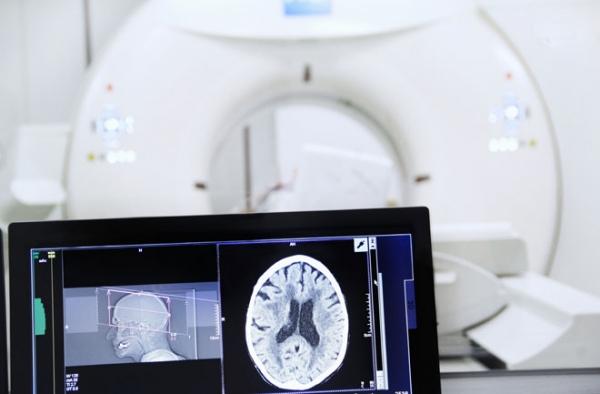
US researchers, in the framework of an international project aimed at identifying the impact of the structure of the brain on the individual, posted an incredibly detailed images of the human brain.
The five-year project entitled «Human Connectome Project» or HCP - carried out in 10 research centers in the United States and Europe. Here the use of advanced brain imaging technology innovation, due to which collected a wealth of data on the structure of the brain of healthy adults. Information is available for researchers worldwide.
«HCP will have a great influence on the study of human rights, particularly on the study and understanding of a healthy adult brain," said David Van Essen (David Van Essen), the University of Washington Medicine St. Louis.
This will allow the "scientific community immediately begin to study the relationship between brain circuits and individual behavior," he said.
"And it will lay the foundation for future projects that explore the changes in the brain that underlie a wide range of brain diseases that afflict humanity».
The first results of the study include image scanning 68 healthy adults. By the results of the scan is applied behavioral information of each test. The behavioral information includes data about individual differences in personality, cognitive abilities, emotional perception of features and functions.
High resolution scan of the brain has been achieved by two methods of magnetic resonance imaging. Each method has its limitations, the researchers say, but by sharing practices, they should give a more complete picture of what is happening in the brain.
The researchers also carried out the scan test to perform specific tasks.
As a result, the data set impresses with its volume. All information and results of the first stage of the work are placed on the two terabytes (2 trillion bytes) of computer memory that is the equivalent of more than 400 DVD-ROM drive.
Over the next five years, the researchers hope to conduct more experiments and engage in their studies, a total of 1,200 people, including siblings and twins, which will help determine which features of brain circuits can be inherited.
Opening, saving people from disability
Disadvantages of a strange appearance makes us suspect contagious disease

